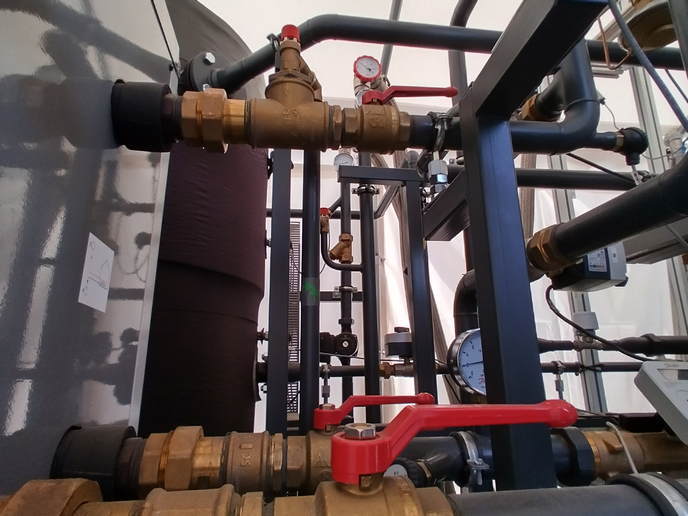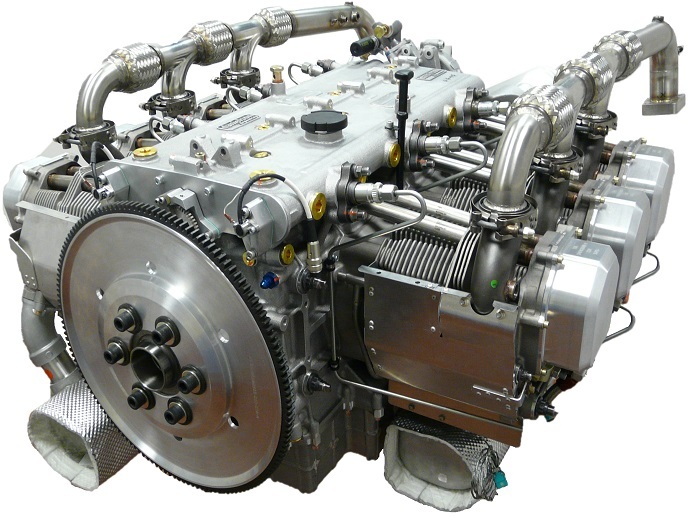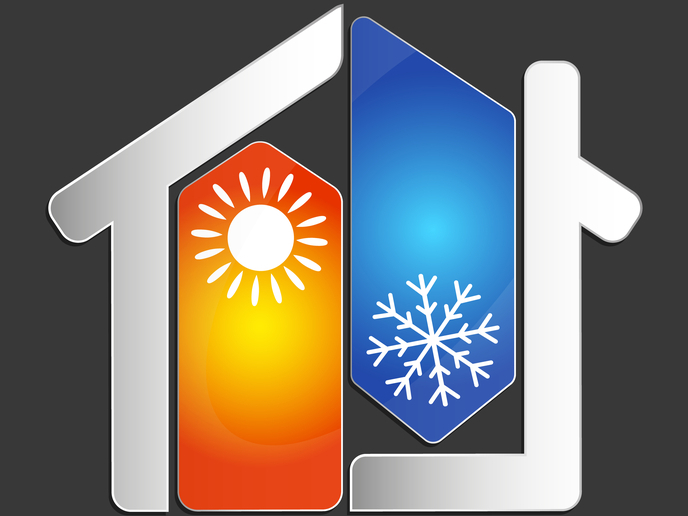District heating and cooling addresses climate and energy goals
District heating and cooling (DHC) networks rely on one or more centralised plants, conventionally producing hot or chilled water distributed through a network of insulated pipes to nearby buildings, including office buildings, schools, hospitals and airports. By combining loads for multiple buildings, they create economies of scale that can help reduce energy costs. Since the first generation of DHC in the 1880s, operating temperatures have been decreasing and, more recently, energy sources are shifting to more sustainable ones. The EU-funded REWARDHeat(opens in new window) project is accelerating this evolution, developing and demonstrating advanced DHC solutions that drastically reduce source temperatures and exploit thermal energy storage capacity integrated through smart controls. Their cost-effective, high-tech and sustainable solutions will support Europe’s Fit for 55 goals.
Flexible and optimised control harnesses waste heat and renewable energy sources
A huge amount of low-grade waste heat is produced within urban areas, primarily by air conditioners and cooling systems in industrial processes, supermarkets and data centres. Lakes and rivers are also an excellent untapped source of low-temperature thermal energy. Exploiting the potential of distributed waste heat and RES requires a new paradigm of construction and operation with greater flexibility. REWARDHeat’s substations integrate thermal energy storage and electric-driven heat pumps. They harness low-temperature (low-grade) waste heat and renewable energy, balance supply and demand, and deliver higher temperatures to the network and the users. Using models that predict loads 24 hours ahead, the team is developing smart controls for individual substations and the entire DHC network to optimise low-grade heat harvesting and minimise the electricity required by the heat pumps.
Grid interoperability: integrating thermal and electric networks
According to project coordinator Roberto Fedrizzi of Eurac Research(opens in new window), “our technologies and smart controls move towards grids interoperability and more flexible integration of RES across energy sectors, via the systematic combination of thermal and electric grids. The electric-driven heat pumps support smart management of thermal capacity and loads, enable potential electric grid services, and deliver efficient and flexible renewable electricity use compared to air-driven heat pump systems.” Beyond an extreme reduction in supply temperature, REWARDHeat’s solutions optimise the combined use of thermal and electric renewable energy and waste heat for specific climate and seasonal operating conditions.
Changing policies and practices
REWARDHeat kickstarted investments of more than EUR 20 million, supporting eight DHC demonstration networks(opens in new window) that are implementing its innovative technologies and smart control strategies. Supplied with more than 80 % RES or waste heat, they will reduce CO2 emissions from our DHC networks by more than 35 000 tonnes per year. Explore the demonstrators or try out your own DHC scenarios(opens in new window) using the TIMES(opens in new window) (The Integrated MARKAL-EFOM System) energy scenario model generator on the project website. “The potential of our DHC solutions is huge and recognised by the European Commission in its revisions of the Energy Efficiency Directive and Renewable Energy Directive III. These acknowledge waste heat to be of equal importance to renewable energy for achieving efficient, decarbonised district heating networks,” notes Fedrizzi. The team has published a policy paper(opens in new window) with key project messages to support decision-makers. The next generation of DHC networks has arrived.







